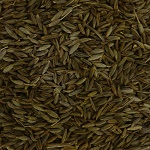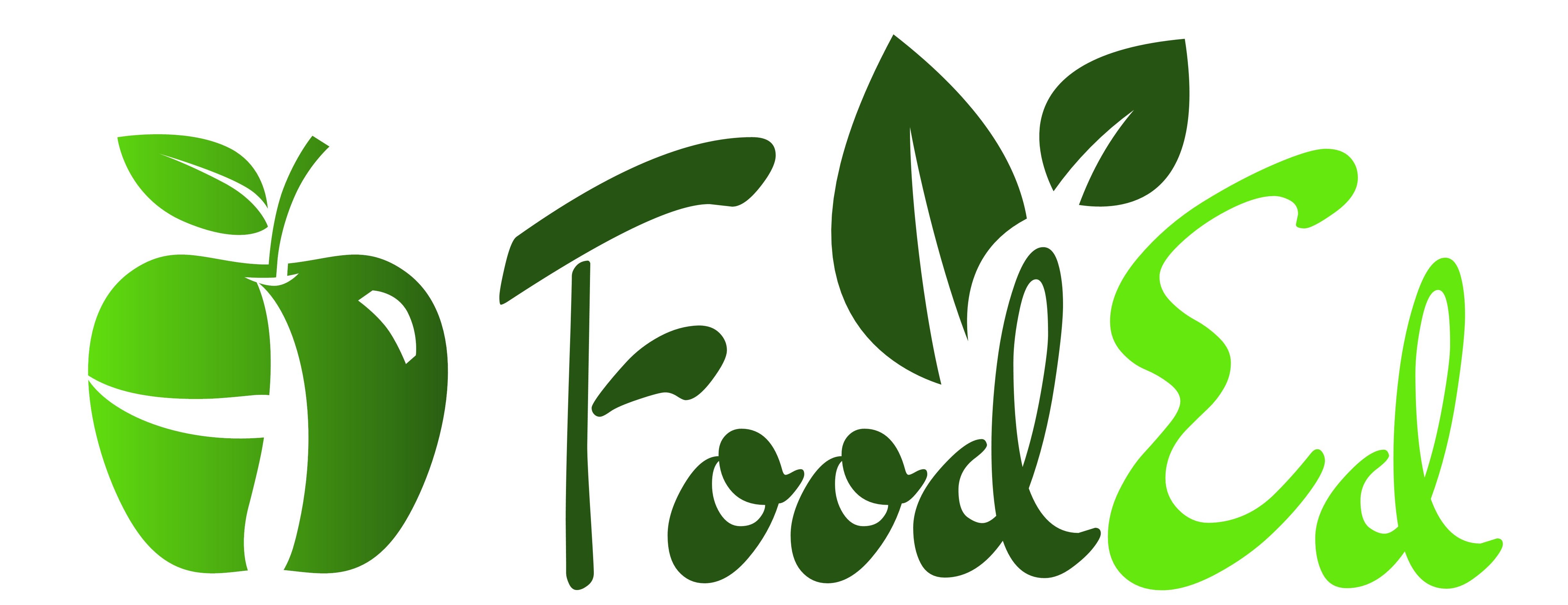 Cumin, a spice that's in use in the kitchen globally for all kinds of different dishes. India is the largest producer and consumer of cumin, for all their different kinds of curry and vegetable dishes. Cumin seeds are also used in the North African kitchen, for example in the Moroccan tajine. It's als an ingredient of the Mexican chili con/sin carne dishes. In the Netherlands we know cumin mainly as an ingredient in certain cheeses and in sauerkraut.
Cumin, a spice that's in use in the kitchen globally for all kinds of different dishes. India is the largest producer and consumer of cumin, for all their different kinds of curry and vegetable dishes. Cumin seeds are also used in the North African kitchen, for example in the Moroccan tajine. It's als an ingredient of the Mexican chili con/sin carne dishes. In the Netherlands we know cumin mainly as an ingredient in certain cheeses and in sauerkraut.
In Sanskrit, the ancient language of India, cumin is known as 'jira', which translates literally into 'that which promotes digestion'. In the Indian Ayurveda health system cumin is used among other things for the treatment of heart diseases, swellings, vomiting and a malfunctioning digestive system. The ancient Greeks and Romans also used cumin as an medicine. They used it mainly to aid the digestion.
 Cumin stimulates the production of enzymes in the pancreas which promote the digestion. It also promotes the production of enzymes in the liver which aid the body in the elimination of toxins. This property combined with the strong anti-oxidative effect of cumin could prevent the development of cancer. Because the removal of free radicals from the body and the detoxification of the liver are also important for the overall well-being, the health promoting effects of cumin could be even more further reaching.
Cumin stimulates the production of enzymes in the pancreas which promote the digestion. It also promotes the production of enzymes in the liver which aid the body in the elimination of toxins. This property combined with the strong anti-oxidative effect of cumin could prevent the development of cancer. Because the removal of free radicals from the body and the detoxification of the liver are also important for the overall well-being, the health promoting effects of cumin could be even more further reaching.
Cumin is a good source of iron, a mineral with many important functions in the body. Iron is an essential component of hemoglobin, which transports oxygen from the lungs to all cells in the body. It's also part of enzyme systems that promote energy production and the metabolism. Iron is also important for a good working immune system. Iron is particularly important for menstruating women, who lose lots of iron each month during their period. Pregnant and breastfeeding women also have a higher need for iron, and also growing children and adolescents. A teaspoon of cumin contains 15% of the recommended daily supply of iron.
Cumin is oftentimes confused with caraway, which is actually called 'cumin' in several European languages. They look about the same and their taste is also similar, but cumin is a bit stronger, and in my opinion, tastier.
In the kitchen you have plenty of options to add cumin to your foods or drinks for some extra flavour. You can add cumin for example to an herbal tea, and some people like to add some cumin to their coffee. Cumin combined with black pepper and honey is used as an afrodisiac in some Middle Eastern countries. If this works you have to try for yourself, but at least it's a tasty combination that can be used to flavour some dishes. Some cumin added to your cooked rice, potentially combined with some raisins and nuts, will give your rice a whole new flavour sensation. The taste of cumin also goes well with legumes, so add some cumin during the preparation of these dishes. And finally, off course the combination of cheese and cumin, which the Dutch could know from the Leiden cheese or any other cumin cheese.
Buy preferably whole cumin seeds because they retain their healthy properties much better than ground cumin, and their shelf life is longer. Cumin seeds are easily grounded into a powder with a mortar and pestle.
Some health benefits of cumin summed up:
- Cumin is a good source of iron.
- Cumin is also a source of the minerals manganese, magnesium and calcium.
- Cumin contains the vitamins A, B1, B2, C & E.
- Cumin is good source of dietary fibers.
- Cumin is a good source of anti-oxidants.
- Cumin in your diet aids the digestion.
- Cumin has anti-bacterial properties which are effective against the E-coli bacteria.
- Cumin has anti fungal properties.
- Cumin has anti-carcinogenic (cancer) properties.
- Cumin added to your diet aids fat loss. This is beacuse cumin limits the absorption of cholesterol from the digestive tract (a convenient feature when cumin is combined with cheese).



